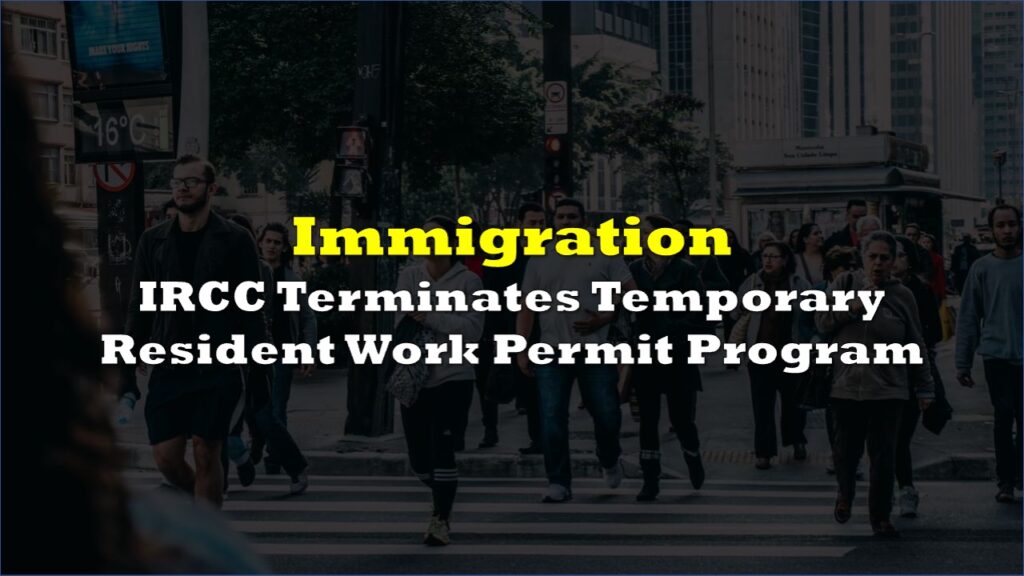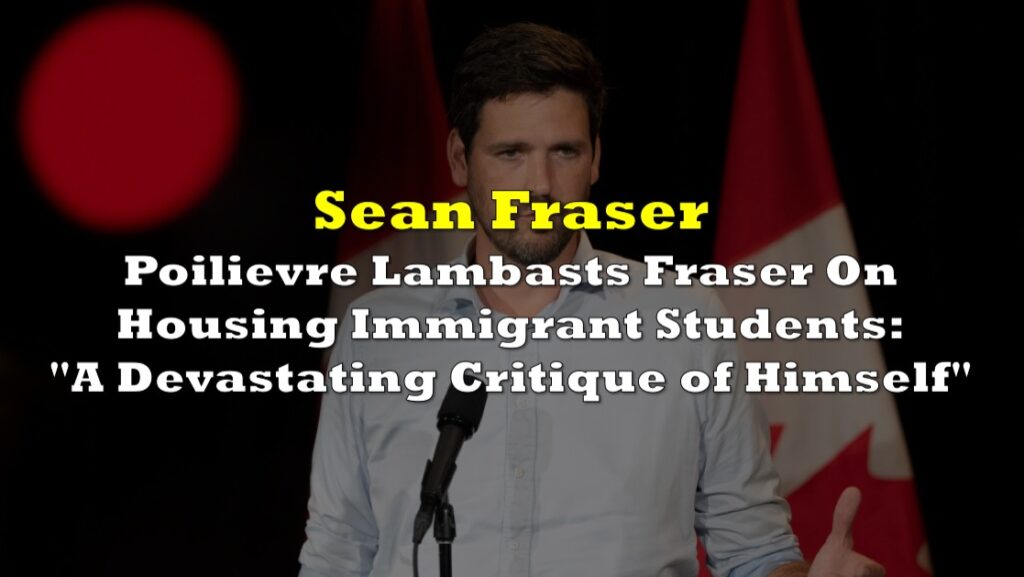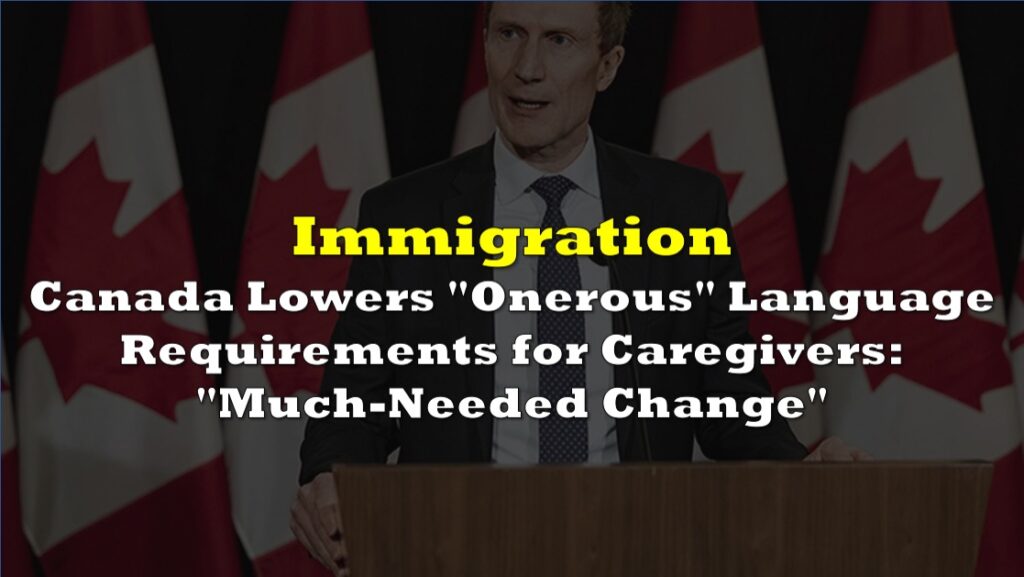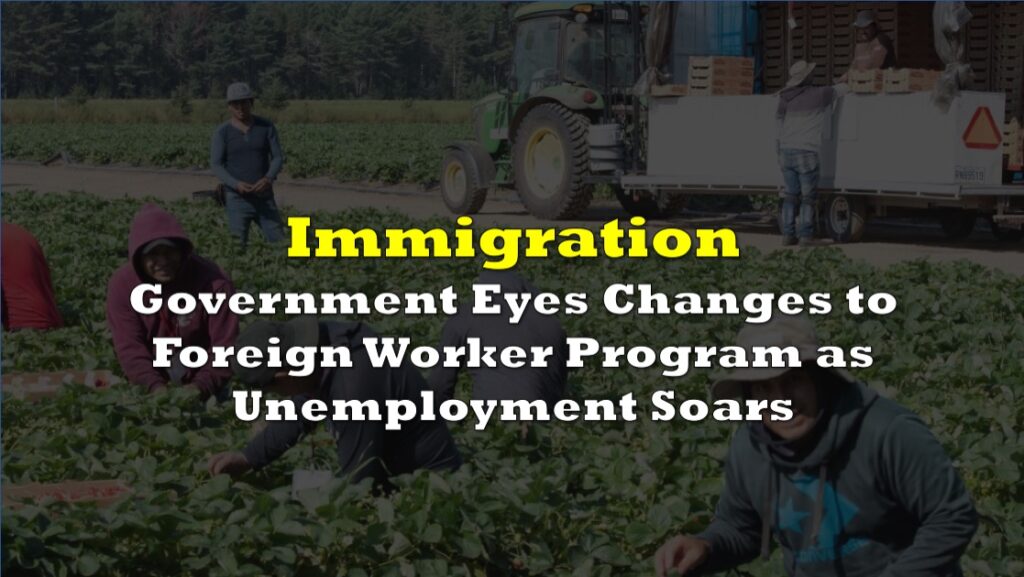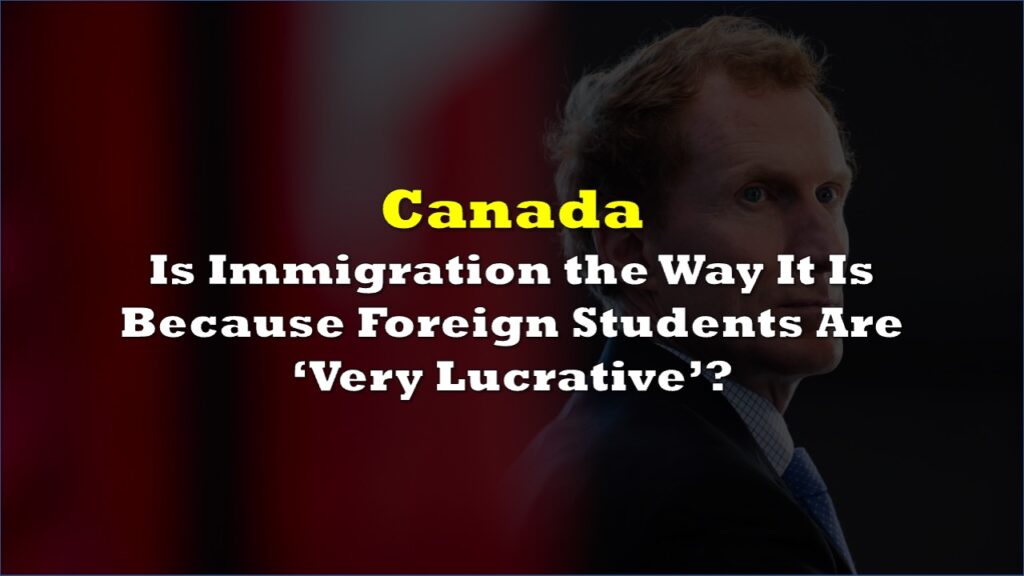A joint investigation by the CBC and the Investigative Journalism Foundation has shed light on widespread immigration fraud involving the Labor Market Impact Assessment (LMIA) system, a critical pathway for foreign workers seeking permanent residency in Canada.
The investigation has revealed an elaborate and increasingly brazen network of immigration consultants and employers exploiting migrants by creating false job offers, fake payrolls, and exorbitant illegal fees — sometimes reaching as high as $50,000.
Through undercover investigations, CBC reporters quickly uncovered dozens of LMIA fraud schemes on online platforms, where consultants openly advertised LMIA-supported positions. CBC’s findings also implicated several restaurant franchises, including Turtle Jack’s Muskoka Grill in Oakville, Ontario, a franchise of MTY Food Group, where one former foreign worker claims he had to pay his employer in exchange for paystubs — all while receiving minimal to no actual work.
Using online platforms like Facebook and Kijiji, CBC investigators posed as foreign nationals seeking LMIA-based employment. Within minutes, consultants reached out through WhatsApp, revealing illegal practices in blunt terms. One consultant named his price at $25,000, specifying that the fee would cover the employer’s cost, lawyer fees, and falsified payroll documents. Another demanded $28,000 but clarified that this arrangement did not include any actual job duties — a straightforward violation of immigration law.
During one phone call captured by CBC, an undercover investigator asked if there was any real job associated with the LMIA position. The response was unequivocal: “There’s no actual job,” the consultant admitted. Instead, the scheme involved creating fake paystubs to simulate employment, a tactic known as “payroll cycling,” where the foreign worker would technically “pay their own wages” to show proof of Canadian work experience — critical for residency applications.
Toronto-based immigration lawyer Ravi Jain confirmed to CBC the illegality of such arrangements, emphasizing that no legitimate immigration lawyer or consultant would charge such exorbitant fees or participate in pay-for-hire schemes. “This person is selling an LMIA, and they’re paying the employer,” Jain stated. “They’re not allowed to do that.”
🔥🔥BREAKING
— Tablesalt 🇨🇦🇺🇸 (@Tablesalt13) October 30, 2024
CBC exposes dozens of extreme immigration fraud rings in under 10 minutes of looking for it
"There is no job. You pay $28,000 and we create a fake payroll"
(also, CBC on probation for its very existence is the best CBC) pic.twitter.com/3f56NxiSS2
CBC’s report dives deeper into the specific case of a former employee at Turtle Jack’s Muskoka Grill in Oakville, Ontario. According to hundreds of documents, including WhatsApp messages, bank statements, paystubs, and immigration paperwork, the worker, an Indian national, arrived in Canada in late 2022 on a two-year work permit supported by an LMIA obtained through a Canadian immigration consultant.
The investigation found that, upon arrival, the worker was not provided with regular work hours as promised. Instead, WhatsApp exchanges show that he was instructed by his employer to deposit $3,000 monthly in cash — money that would then be returned as a direct deposit from the employer, creating the illusion of salaried employment. In one instance, the worker withdrew $1,500 in cash, made a drop-off, and later received a deposit of $1,095.96, matching the amount listed on his falsified paystub.
When the worker couldn’t make a payment on time, messages show that Turtle Jack’s general manager Inderjit Lamba threatened to remove him from the payroll.
“If you are not here today, I will end the pay,” Lamba wrote, making it clear that the worker’s ability to stay on the payroll — and thus maintain a legal pathway to permanent residency — was entirely contingent on these illegal payments.
Lamba declined to be interviewed by CBC, dismissing the worker’s allegations as “unproven” and “unsubstantiated.” However, MTY Food Group took swift action, severing ties with Turtle Jack’s Oakville, citing “immoral behavior” that violated its corporate policies.
The Vulnerabilities of Canada’s LMIA System
At the heart of these schemes is the LMIA document, issued by the federal government, which is supposed to demonstrate that an employer has made an effort to hire Canadian citizens or permanent residents before recruiting foreign workers.
LMIA-backed positions offer a pathway to permanent residency, as they contribute to the eligibility points required for a successful application. This has led to a black market for LMIA positions, with consultants charging foreign workers tens of thousands of dollars for a document that is legally meant to be free.
As part of the investigation, CBC reporters contacted several LMIA sellers, many of whom detailed the process with remarkable transparency. These “agents” arrange for a fake employer to “hire” the worker in a no-show position and even issue paystubs, with the understanding that the worker must reimburse the employer for any payroll expenses. By creating a fictional work history, foreign workers are able to satisfy Canadian work experience requirements, significantly improving their chances of achieving permanent residency status.
Elizabeth Long, a Toronto-based immigration lawyer, condemned the schemes as “completely illegal” and exploitative. She explained that under the Immigration and Refugee Protection Act, workers participating in such schemes are complicit in misrepresentation and risk deportation.
“Foreign workers may be tempted because proving Canadian work experience gives them a better shot at staying in Canada,” she said. However, the potential consequences for those caught include deportation, fines, and criminal charges.
The broader implications of LMIA fraud schemes are troubling, as foreign workers find themselves entrapped in cycles of debt and legal risk. Many pay their own salaries, creating a façade of employment while receiving little to no real income. For some, like the Turtle Jack’s worker, the burden of LMIA fees has exceeded $50,000, covering everything from “employer costs” to “approval fees,” all of which are legally required to be paid by the employer.
Calgary-based immigration lawyer Jatin Shory reviewed these cases and called the practice of charging workers for LMIAs “a joke,” condemning the illegal fees levied by unscrupulous consultants and complicit employers.
“Anyone who charges workers for an LMIA is breaking the law and taking advantage of vulnerable people,” said Shory.
The Canada Border Services Agency and Employment and Social Development Canada (ESDC), tasked with overseeing immigration and labor compliance, are reportedly aware of these fraudulent schemes. ESDC has imposed penalties on 135 non-compliant employers in the past year, with the highest fine to date reaching $365,700.
However, advocates like Alberta immigration consultant Tatjana Boxhorn argue that these enforcement efforts fall short. Boxhorn has assisted over 800 foreign workers in escaping abusive LMIA arrangements, many of whom were recruited under false pretenses.
“I have one particular employer that I reported with 17 temporary foreign workers… and they’re still getting LMIAs,” she said. “Frankly, they are … literally allowing modern slavery to take place.”
Her experience underscores systemic flaws in Canadian immigration enforcement, where penalties alone may not deter employers from exploiting vulnerable foreign workers.
This year, over 2,700 foreign workers have been granted “vulnerable worker” open permits, allowing them to leave abusive employers without jeopardizing their residency applications. Since 2020, applications for these permits have surged, highlighting the significant level of abuse foreign workers face.

CBSA reported that, over the last five years, it has charged 153 individuals in approximately 80 cases of unauthorized immigration consultancy offenses, but advocates stress that far more comprehensive action is necessary.
As Canada prepares to limit permanent residency spots in the coming years, demand for LMIA positions is expected to increase, likely intensifying the black market for falsified employment. Long noted that “LMIAs may become even more valuable after the government cuts residency allocations,” potentially deepening the risk of fraud.
Advocates are calling on Canadian authorities to close regulatory loopholes, increase oversight, and strengthen protections for foreign workers. Without comprehensive reform, LMIA abuse may continue to proliferate, allowing an underground economy to persist, one that takes advantage of the desperation of foreign workers hoping to make Canada their home.
Information for this briefing was found via CBC and the sources mentioned. The author has no securities or affiliations related to this organization. Not a recommendation to buy or sell. Always do additional research and consult a professional before purchasing a security. The author holds no licenses.





